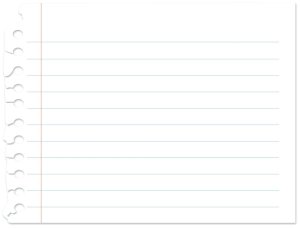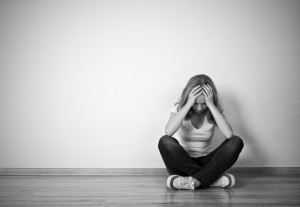
For the next two years, I was awakened to the power of an invisible force that wreaked havoc on every aspect of my life. I learned to be silent because I couldn’t understand, let alone explain this state of being. I learned what it was like to be unable to get out of bed despite alarm after alarm screaming into my ear. I learned what it felt like to be so incredibly numb that the only thing that could bring me to life was the kiss of a razor blade against my skin. I learned what it was like to lose friend after friend because “I’d changed” and couldn’t explain why. I learned the embarrassment of reaching out to a health teacher for body wash, shampoo, and permission to leave class to take a shower, because keeping up with personal hygiene was damn near like moving a mountain…and people were starting to stare. I couldn’t stand the way depression zapped the life out of me, so when no one was looking, I learned that tobacco, drugs, and alcohol could raise me up or drop me down. I learned that medications carried no promise of raising me from the depths I was drowning in. I learned that I wasn’t like most kids my age, but I also learned that there were others who heard the whispers of the same demons that spoke to me. I learned that there were certain things, things that seemed so ‘normal’ or ‘natural’ in my mind, that weren’t very normal at all. But through those first two years, the most important thing I learned was that even though I couldn’t find my voice, or a proper explanation of how I felt, or to explain how things just weren’t right, I could unravel those feelings in the scribbles of a notebook. It was on these blank pages that I learned to speak the language of the words I never said.
